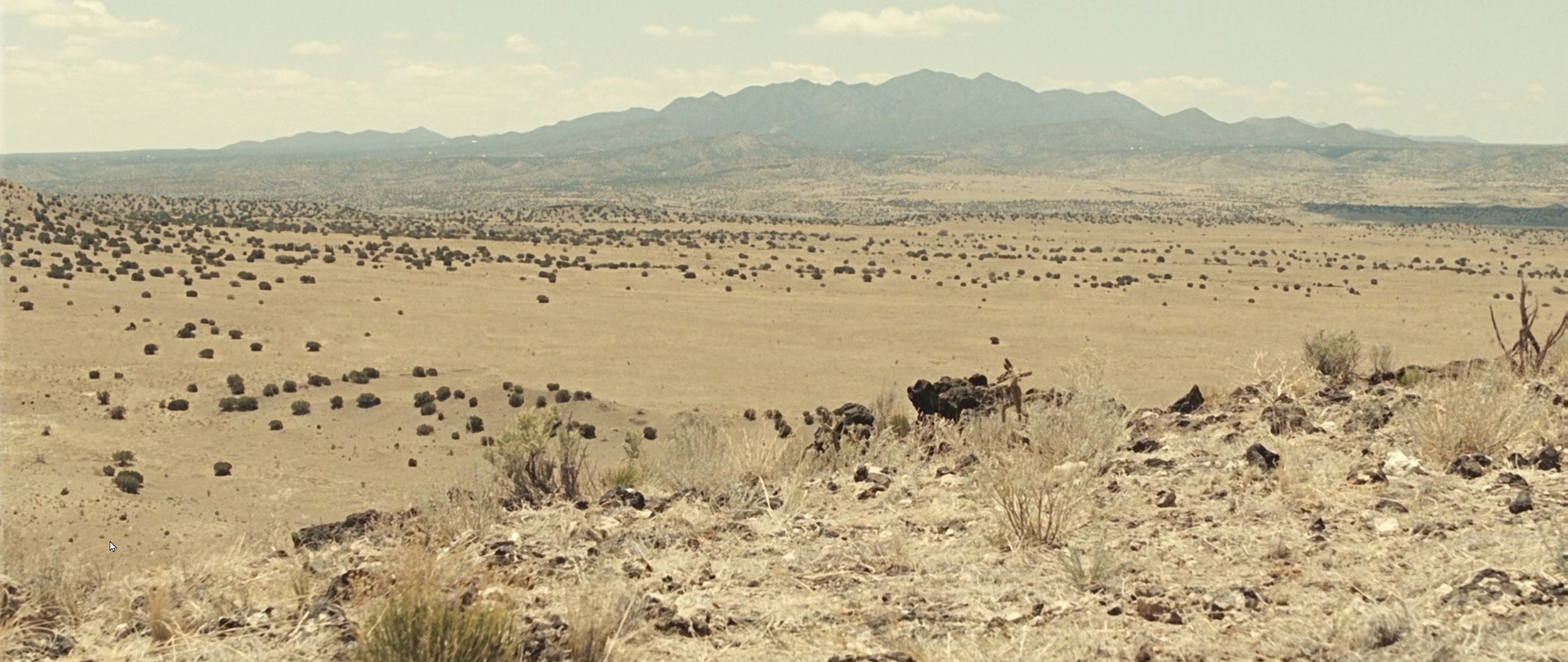Hi everyone — I’m Joan Rohlfing, president and COO of the Nuclear Threat Initiative. We’re a nonprofit, nonpartisan global security organization focused on reducing nuclear and biological threats imperiling humanity. In an era when the likelihood of use of weapons of mass destruction by individuals, terrorist organizations, and states is growing, we work to drive systemic change by galvanizing large-scale institutional adoption of innovative global security practices and programs. We’ve been doing it successfully for 20 years now.
What threats are most urgent? What can we do to stop them? I'm ready to answer those questions and more on Thursday, December 9, from 11 a.m. to 2 p.m. EST. (You can ask me something during that window or anytime before.)
This AMA is a follow-on to a talk I gave about nuclear threats in October, at the Effective Altruism Global 2021 conference in London. I discussed my strong belief that it is possible to make a difference in this arena, and I described what I believe we can do — and must do — together to build a safer world. I look forward to continuing that conversation this week!
A little more about me: Before joining NTI, I held senior positions in the U.S. Department of Energy and worked as an advisor to the U.S. Ambassador to India in the wake of nuclear tests in India and Pakistan. Earlier in my career, I oversaw nuclear weapons policy and acquisition programs at the Department of Defense and the Armed Services Committee of the U.S. House of Representatives. My thinking on nuclear security has been shaped by 35 years working in this field, and I’ve worked on this from all angles — from a military, a diplomatic, a political, a technical, and an academic perspective.
I look forward to your questions — ask me anything!


Thanks so much for this really fun question! It provoked a really interesting discussion with some of my colleagues.
There are a large number of important works of fiction that illuminate nuclear dangers and different ways the human species can respond to them.
A new personal favorite of mine is Kim Stanley Robinson's The Ministry for the Future, which is about climate change, but illuminates ways in which global governance might begin to value the lives of future generations who would suffer unbelievably from planetary scale harms. Nuclear war poses an immediate danger of planetary scale harm, but human efforts to reduce the risk of this harm are hobbled by our institutions that privilege the security of nation states over the security of our species and planet. The Ministry for the Future suggests discrete actions and pathways that we should explore to improve our response to planetary dangers for the sake of our descendants.
Another recent favorite is a new novel published earlier this year by Admiral Jim Stavridis and and Elliott Ackerman called 2034: A Novel of the Next World War. The novel isn’t really about resilience, but rather vividly illustrates just how easily festering political disputes and emerging technology could lead us to blunder into a nuclear war no one wants, but that kills many millions of people and from which humanity learns nothing that might reduce future risks.
I want to include a few other titles suggested by colleagues (and which I am adding to my own reading list as a result of our office discussion!):
A Canticle for Leibowitz explores the far future consequences of a nuclear war to illuminate both the ethical challenges we face today in relying on nuclear weapons for defense and the planetary scale of danger; M.K. Wren's A Gift Upon the Shore illuminates the inadequacy of our emergency planning and how the few survivors of a large nuclear exchange might succumb to the delayed political, economic, and social consequences over a few years, while Nevil Shute's On the Beach emphasizes how the environmental damage of a nuclear war could engulf the planet in a few months.
William Prochnau's 1983 novel, Trinity's Child, dramatizes the chaos that would immediately follow the first use of nuclear weapons, tearing to ribbons our detailed plans to prosecute an extended nuclear war and for continuity of government. Prochnau vividly imagines what those who have played nuclear wargames know well: nuclear escalation cannot be controlled.
H.G. Wells 1914 novel, The World Set Free, leveraged Frederick Soddy's textbook, The Interpretation of Radium, to foresee the possibility of atomic bombs (and to coin that name for these devices). Wells foresaw that massive, instant, indiscriminate destruction would render what the world had known as war meaningless and impossible, but human beings could not see this “until the atomic bombs burst in their fumbling hands.” Wells foresaw that “these bombs and the still greater power of destruction of which they were the precursors might quite easily shatter every relationship and institution of mankind.” Before the end in which Wells magics the reader off to an age of unexplained global enlightenment that frees humanity to enjoy the benefits of limitless nuclear power, he burns countless cities instantly to ash and imagines an age of sickness, filth, starvation, and “everybody doing uncongenial things;” followed by “the pill-carrying age” to numb unbearable horror.